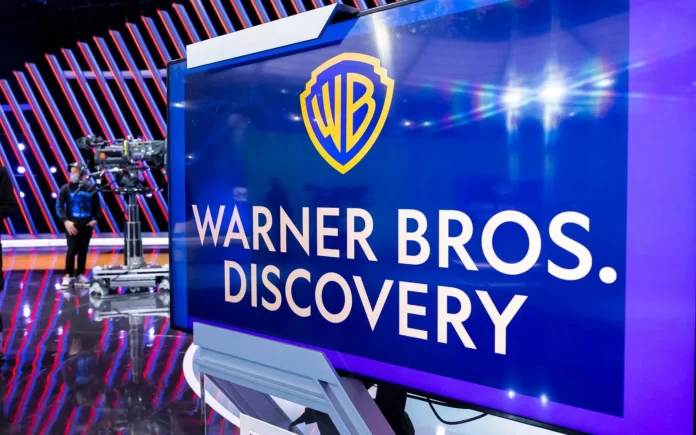
As the film industry suffers under low theater profits and multiple strikes, many entertainment conglomerates decide to take cost-cutting measures by firing large numbers of employees and canceling projects. This trend is damaging the works of many creatives in the industry, taking away jobs and destroying these companies’ reputations further and further.
Warner Bros. Discovery (WBD) serves as a prime example for this trend, as it has made a series of questionable decisions that led to the loss of billions of dollars.
On Aug. 7, WBD announced a $9.1 billion write-down in the value of its television network. According to Variety, the company led by CEO David Zaslav has a net loss of $10 billion for the quarter.
These losses result from many factors, including WBD’s recent loss in media rights for the NBA. But one main contributor to the company’s current state is the decisions made by David Zaslav. He has led WBD since the mergers and acquisitions (M&A) deal that combined Warner Brothers and Discovery back in April 2022. The company has not been able to recover financially after the deal. By the end of the third quarter of 2023, WBD’s gross debt stood at $45.3 billion, according to Forbes.
Since the merger, WBD has been criticized for a series of questionable corporate decisions. The most controversial decision by far was perhaps the cancellation of "Batgirl." The film was in post-production by August 2022, with its budget reaching $90 million, and was set to be released on the streaming service Max, formerly known as HBO Max. Despite the film being ready for release and the millions of dollars already spent, WBD decided to shelf "Batgirl" indefinitely, as WBD executives determined that canceling and taking a tax write-off for the film would make more profit than releasing it.
Alongside "Batgirl," WBD canceled several more films, some of which were late in production, namely "Coyote vs. Acme" and "Scoob: Holiday Haunt." These decisions have made WBD infamous for shelving, essentially throwing away creative works, which would undoubtedly drive filmmakers away from the company.
The cancellation also affects WBD’s television business, specifically the streaming service Max. According to IndieWire, 87 movies and shows have been pulled from Max since the merger. Another controversial decision in the TV department that was made recently is that on Aug. 9, the official website for Cartoon Network was shut down, and the link for cartoonnetwork.com would lead to a Max page telling viewers to subscribe.
Employees at the company are also affected, as nearly 1,000 employees will be laid off at WBD, as a part of a cost-cutting move, as reported by Variety on July 16. This is one of many rounds of layoffs that the company has made in recent years.
Zaslav himself recently released a statement that he would be in favor of a presidential candidate that would deregulate major corporations and allow for more M&A deals, as he sees them happening more in the future. He told Bloomberg: “We just need an opportunity for deregulation, so companies can consolidate and do what we need to to be even better.”
It seems from this statement that Zaslav is intending to sell Warner Bros Discovery again through another M&A deal. Essentially, WBD is being run by a billionaire that does not seem to care about the creative aspect of the industry or the state of the company. He seems to focus on stripping down the entire conglomerate, removing departments, and canceling production in the name of cost-cutting. This would lower the value of the company, making it leaner and more appealing for potential buyers.
As someone who cares deeply for the creative aspect of the film industry, I am appalled by these ongoing events. Whatever the intent behind these decisions is, it clearly has to do more with making quick money and benefitting the few that are in charge rather than aiding in any creative work or profiting the larger company itself. What WBD is doing is disrespectful towards filmmakers and actors who pour so much effort into making something that they believe in and towards the legacy of the company. Sadly, there is no sign that this is going to stop, and only time can tell what the legacy of WBD truly will be.
